The Venerable Bede or St. Bede (672–735) was the greatest of the Anglo-Saxon scholars. His best-known book was “The Ecclesiastical History of the English People.”
Born around 672–673 in Northumberland, northeast of England, he joined the monastery of Wearmouth-Jarrow when he was seven. In 682, he moved to Jarrow. where he benefited from an extensive library. Some accounts suggest the monastery had 200 books.
In 686, the plague broke out in Jarrow. Records indicate that all of the Benedictine monks died except two — Ceolfrith and Bede. The two led all worship services until others could be trained.
Around 692, Bede was ordained a deacon. He became a priest at the age of 30. His life was spent in Jarrow except for a few visits to other monasteries. His days included prayer, study of Scriptures, observance of monastic discipline and writing.
Scholarly devotion
Considered the most scholarly man of his time, he wrote or translated around 40 books on many topics, including theology, history, nature, science, music and poetry.
Known as the father of English history, his most popular book tells the story of the establishment and spread of Christianity in England and the emergence of Anglo-Saxon kingdoms. The work, “The Ecclesiastical History of the English People,” has provided an understanding on a period of English history that would have otherwise been unknown. Scholars have praised it throughout the ages.
He wrote many biblical commentaries, which focused on his reading and interpretation of Scripture. His works in the Old Testament include commentaries on Genesis, Samuel, Ezra, Nehemiah and Proverbs. His books in the New Testament focused on Mark, Luke and Revelation.
Bede was diligent even on the day of his death: May 25, 735.
Lifelong devotion
Cuthbert, a fellow monk, reported that Bede was busy dictating a translation of the Gospel of St. John on that day. Wilbert, the boy scribe writing for him, said, “There is still one sentence, dear master.”
When Wilbert had written the last sentence, he told his master that it was finished. Bede answered, “It is finished.” Then sitting upon the floor of his cell, after he sang, “Glory be to the Father and to the Son and to the Holy Ghost,” he peacefully breathed his last breath.
St. Bede was referred to as “Venerable Bede” after his death. He is buried in a tomb in Durham Cathedral in England. St. Bede is the patron saint of scholars and historians.

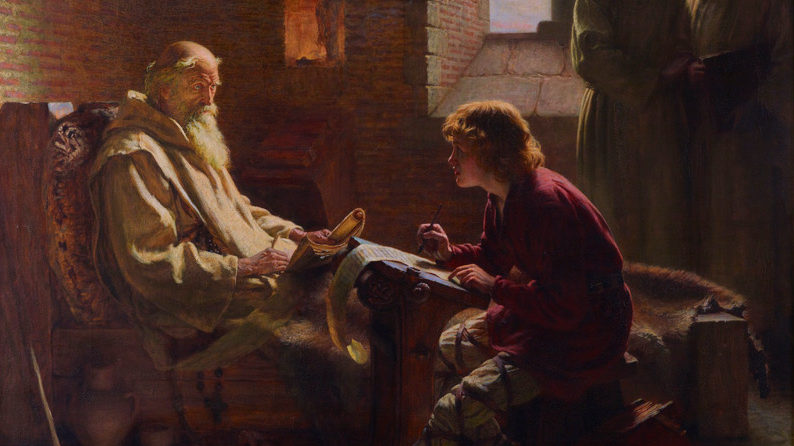
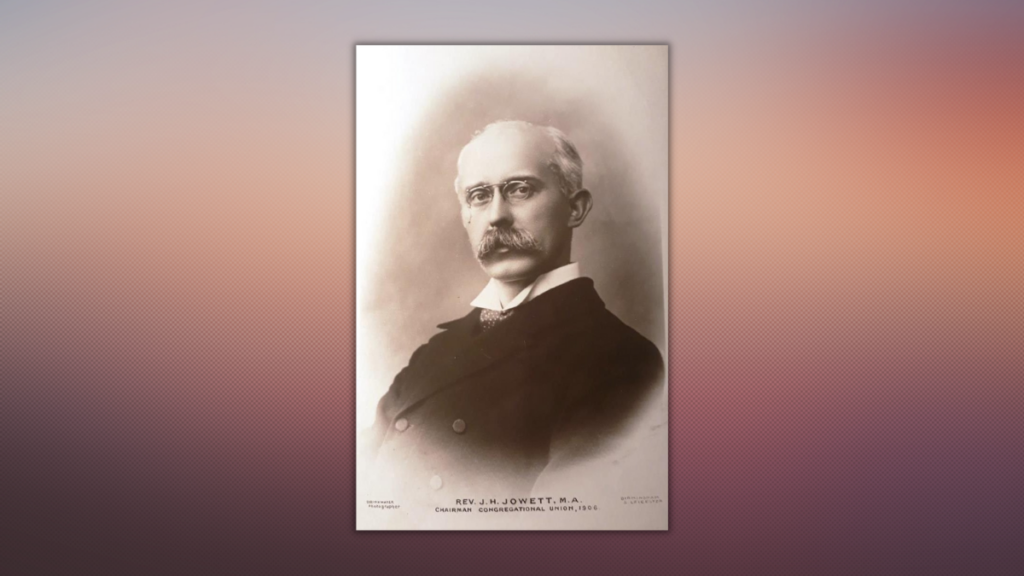
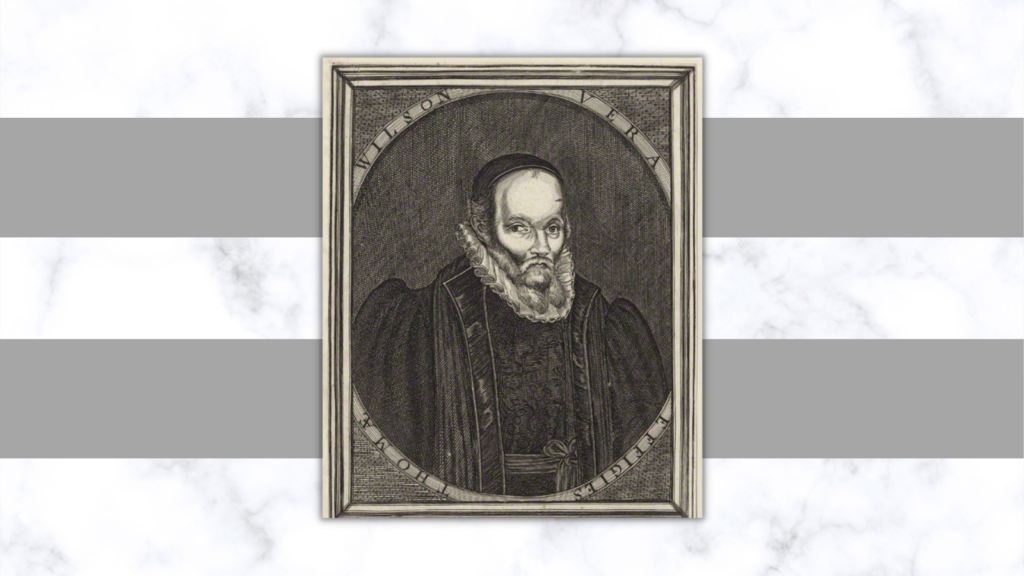
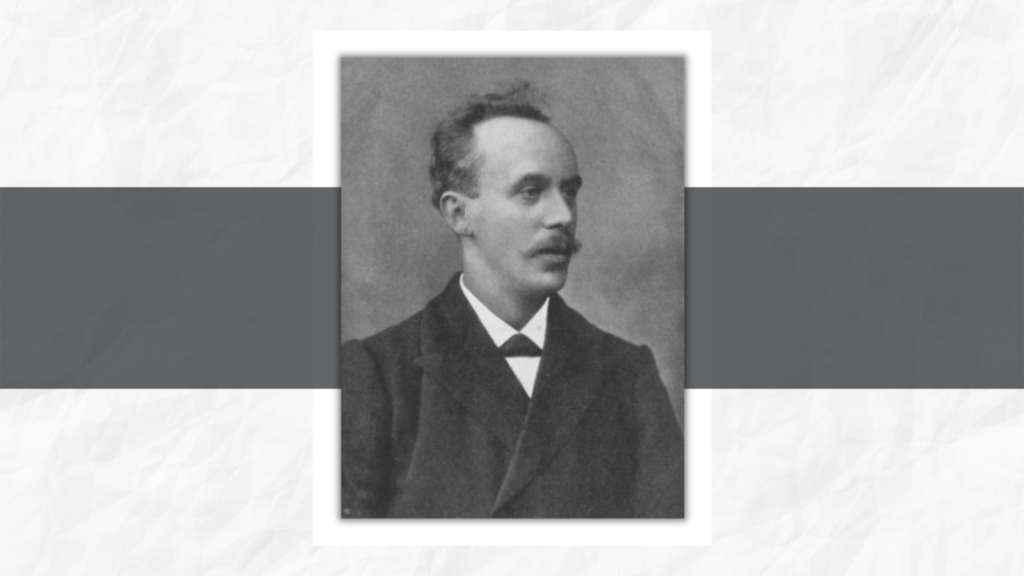
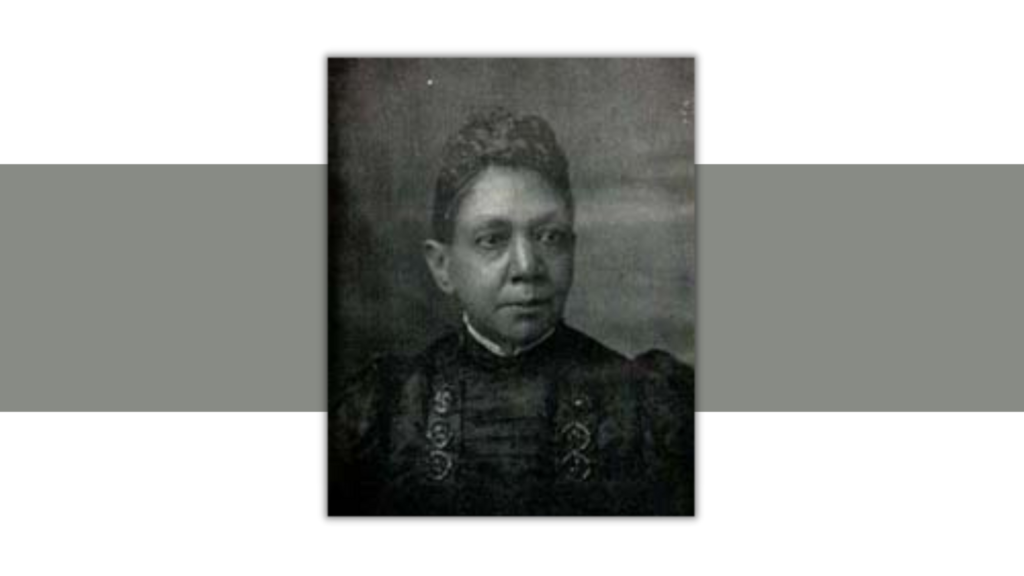
Share with others: